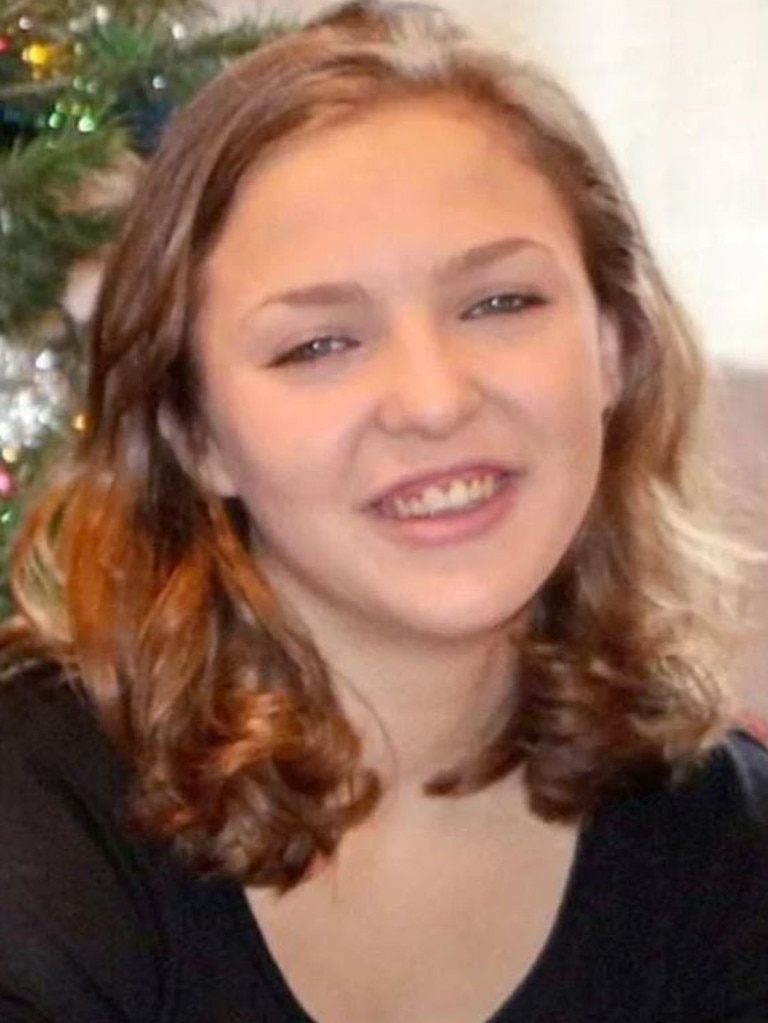It has been a year and a half since high school teacher Tad Cummins abducted his then 15-year-old student, Elizabeth Thomas. In an interview with 20/20, Elizabeth revealed that Cummins had manipulated her into believing he would harm himself if she didn't go with him. The case drew national attention as authorities pursued the pair across state lines. Cummins was eventually arrested in Northern California after disappearing with Elizabeth on March 13, 2017.
The Impact of Choosing Yourself
Now, choosing oneself is more important than ever. This decision can help individuals draw closer to God, the world, and the universe. It requires intentionality in all aspects of life, ensuring personal growth aligns with spiritual and emotional well-being. As Jasmine Abukar eloquently puts it, “Black women in the academy need to take several seats. Not all at once, mind you, lest the ivory tower collapse from the absence of our labor. But we are doing far too much, and we need to rest. This is not optional; it is imperative.” Rest and self-care are essential components of empowerment and resilience.
Elizabeth Thomas: Then and Now
In March 2017, the abduction of Elizabeth Thomas by her teacher Tad Cummins shocked the nation. The ordeal lasted 38 days before Elizabeth was found safe in California. Since then, Elizabeth has worked tirelessly to reclaim her life and share her story. She married her longtime friend Skylar Dirla in 2019 and resides in her hometown of Maury, Tennessee. Her journey toward healing inspired her collaboration with fellow survivor Elizabeth Smart on the Lifetime movie Abducted by My Teacher.
Now, Elizabeth advocates for survivors and emphasizes the importance of speaking one's truth. In an interview with E! News, she discussed her motivation behind turning her experience into a film: “It’s about reclaiming my narrative and ensuring others know they’re not alone.” Her courage serves as a beacon of hope for those navigating similar challenges.
A Career in Helping Others
Elizabeth Thomas also works as a licensed master social worker (LMSW), specializing in clinical social work and therapy. Based in Scottsdale and Tempe, Arizona, she provides support to individuals navigating life’s complexities. With a focus on the queer community, Elizabeth understands the intersectionality of identity and its impact on mental health. She believes everyone deserves to feel confident in their inherent worth and belonging.
As a queer woman of color and therapist, Elizabeth fosters environments where clients can be their authentic selves. She invites potential clients to reach out for a free 15-minute consultation by calling or emailing her directly. Her approach combines empathy, expertise, and a deep commitment to empowering marginalized voices.
Reflections on Growth and Resilience
Dr. Elizabeth Thomas, another inspiring figure, began her career as a chemistry professor at Morehead State University. Her dedication to education reflects the broader theme of perseverance and growth. Similarly, Ebony Elizabeth Thomas, an associate professor of literacy, culture, and international education, continues to inspire through her academic contributions.
While reflecting on her own journey, Elizabeth acknowledges the ongoing struggle against systemic issues like antiblackness. She notes, “Things were bad before the pandemic, but manageable. I’d found ways to cope—until the weight became unbearable.” Her insights highlight the necessity of addressing these challenges head-on, especially within fields traditionally dominated by white voices.
Community and Support
Communities rallied around Elizabeth during her recovery, offering love and resources. Despite legal complications involving her family, including her father filing for divorce and a restraining order against her mother, Kimberly Thomas, Elizabeth remained focused on rebuilding her life. Today, she thrives alongside her husband while advocating for survivors worldwide.
In addition to her therapeutic practice, Elizabeth champions diversity and inclusion initiatives. Her belief that “diversity isn’t just Black and White” underscores the importance of recognizing nuanced identities and experiences. By sharing her story and expertise, she inspires countless others to embrace their truths and seek healing.

